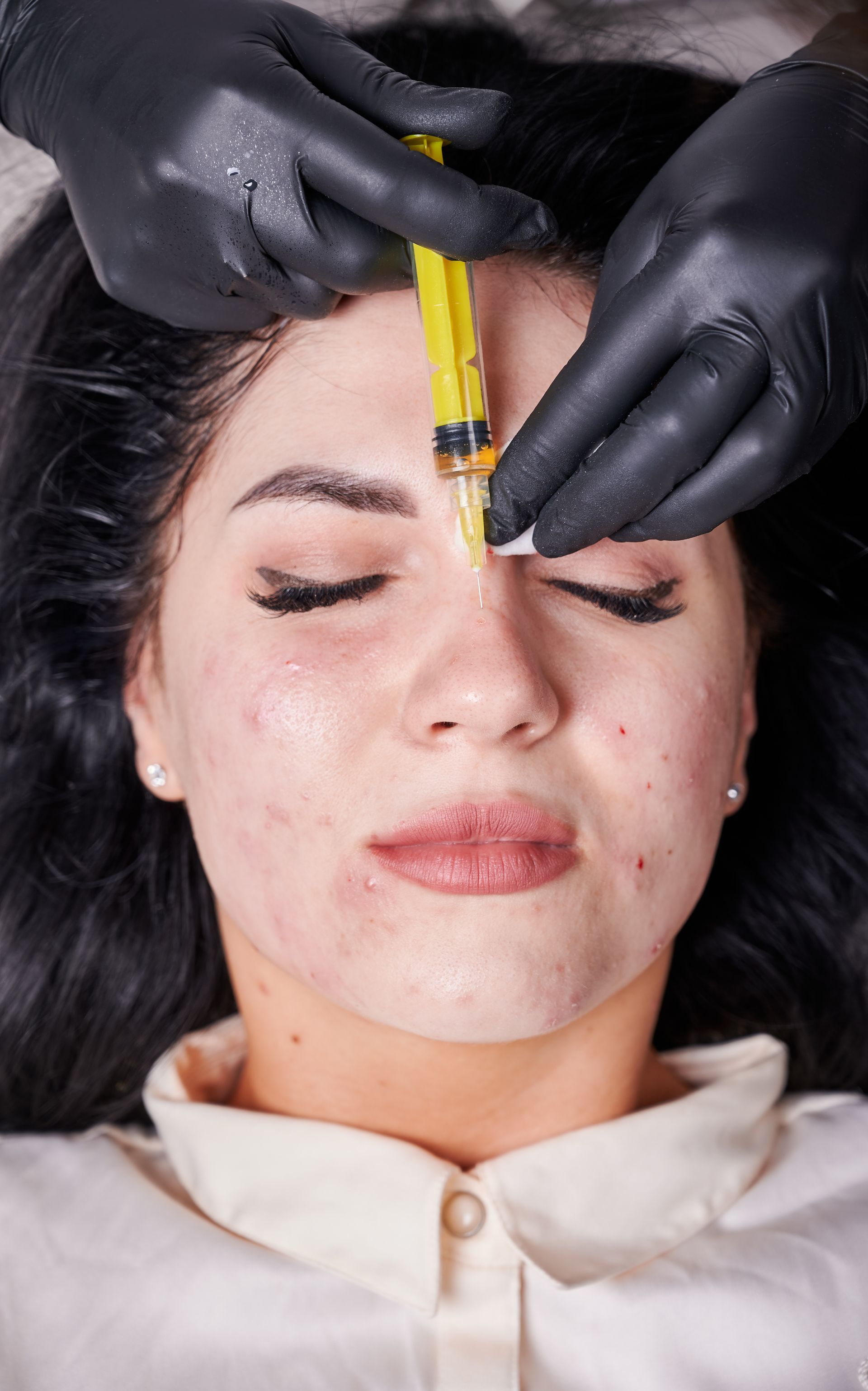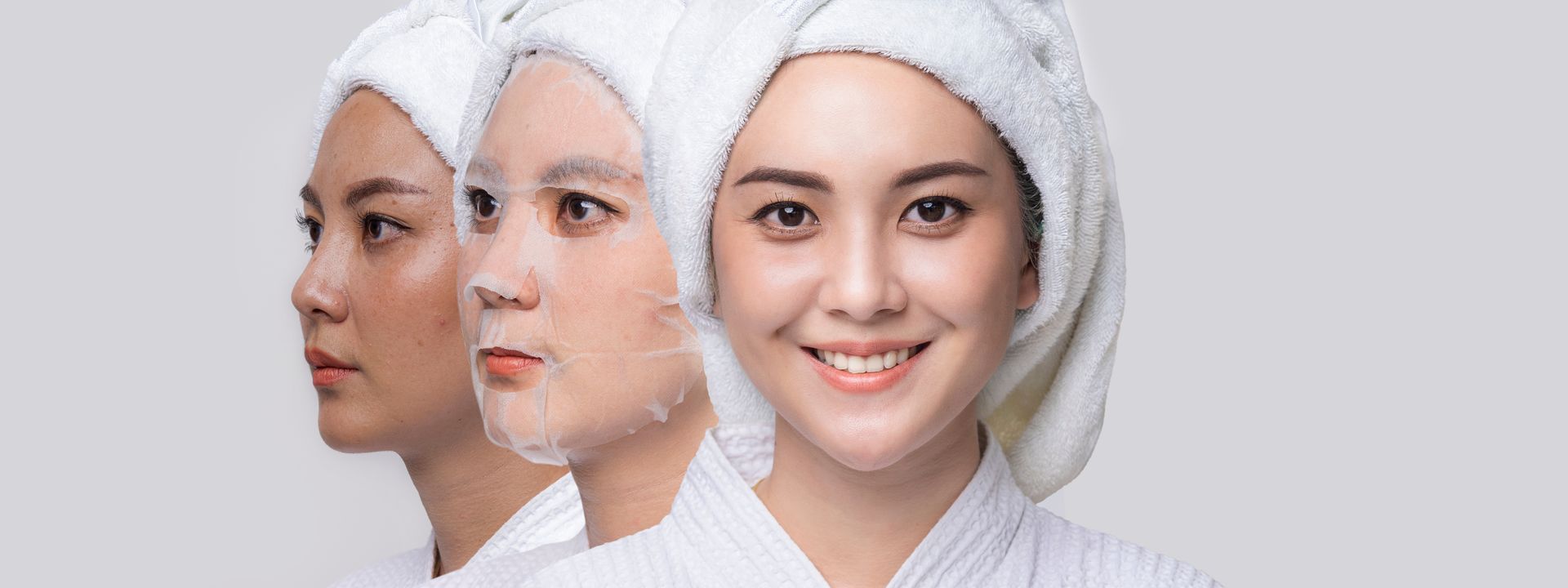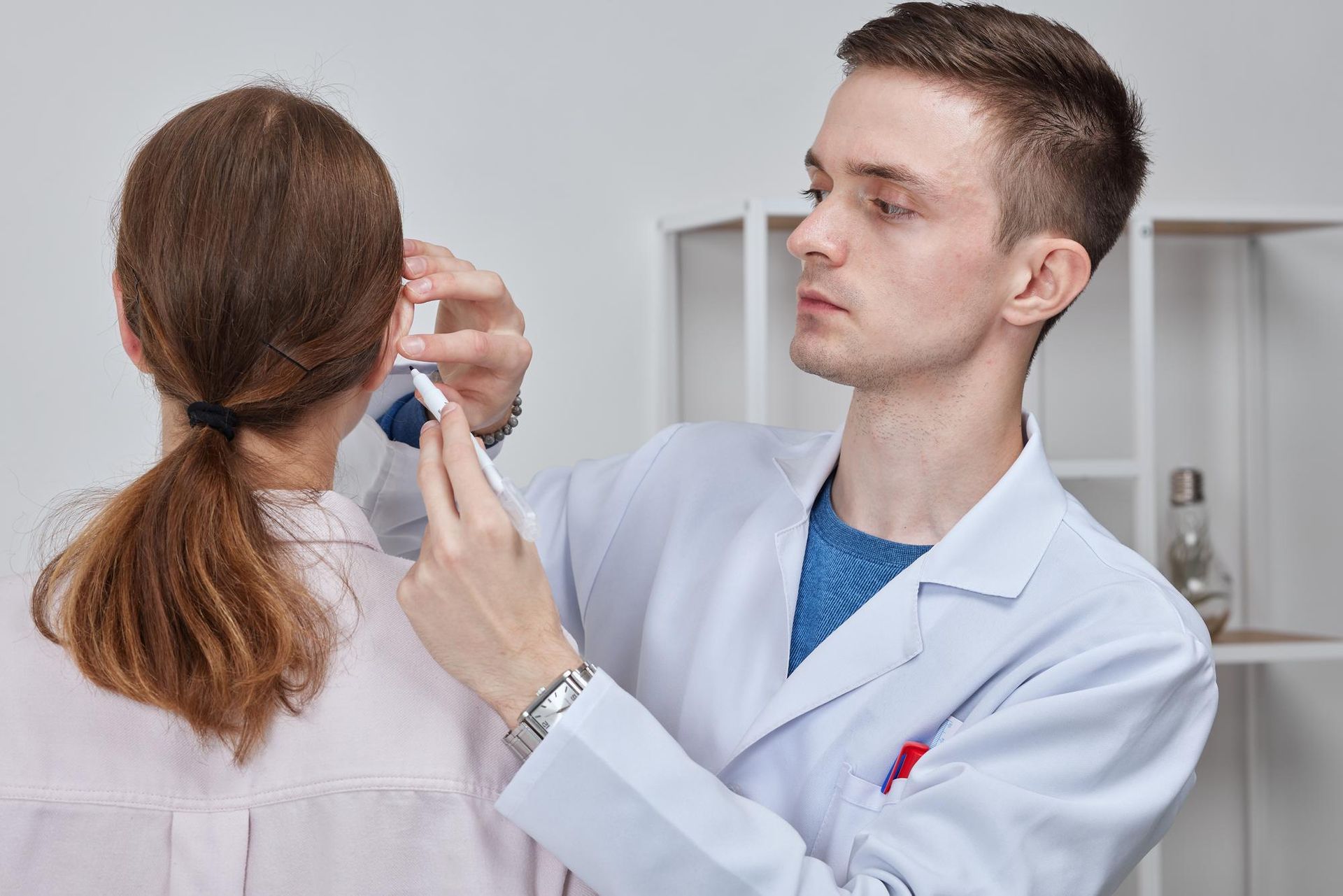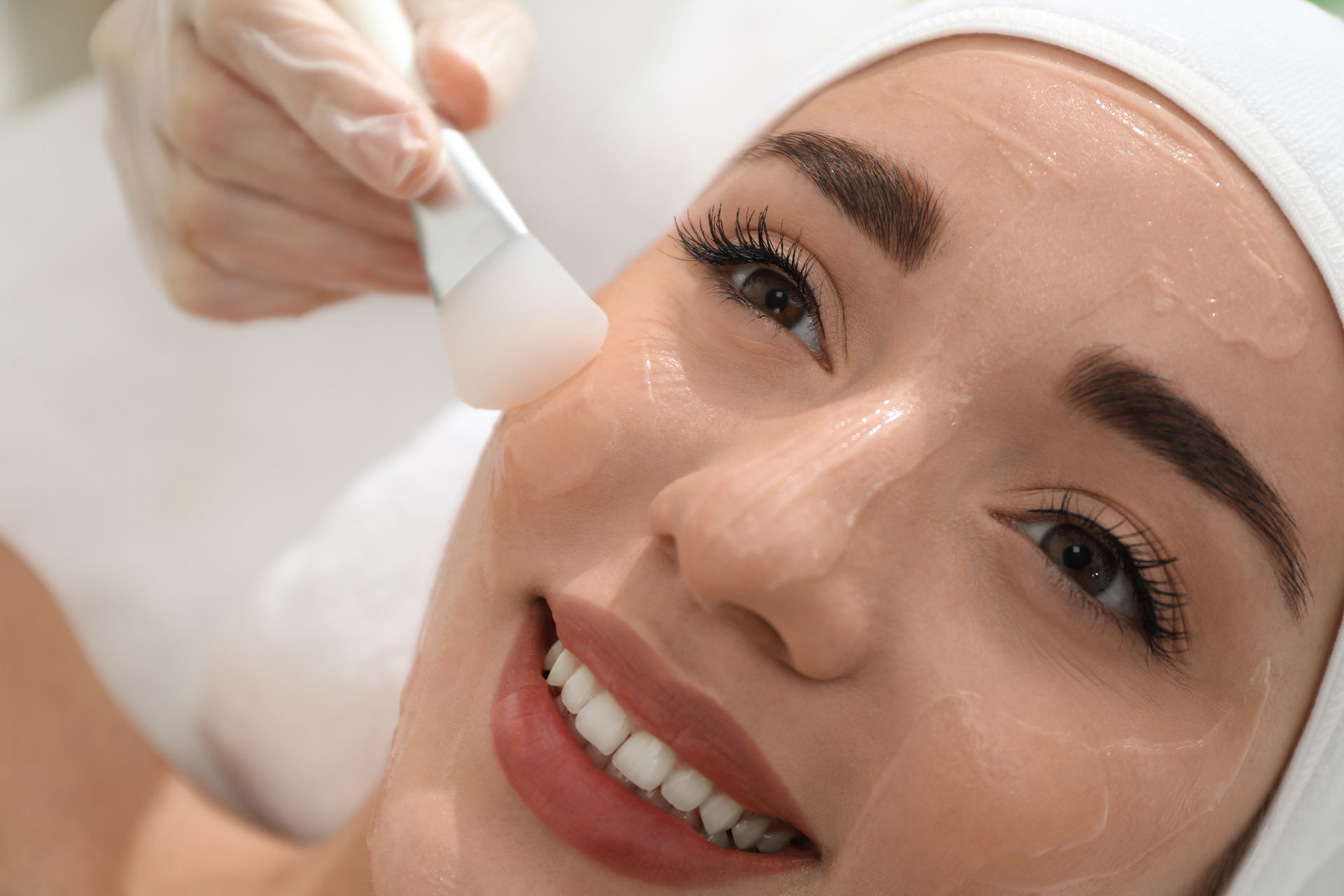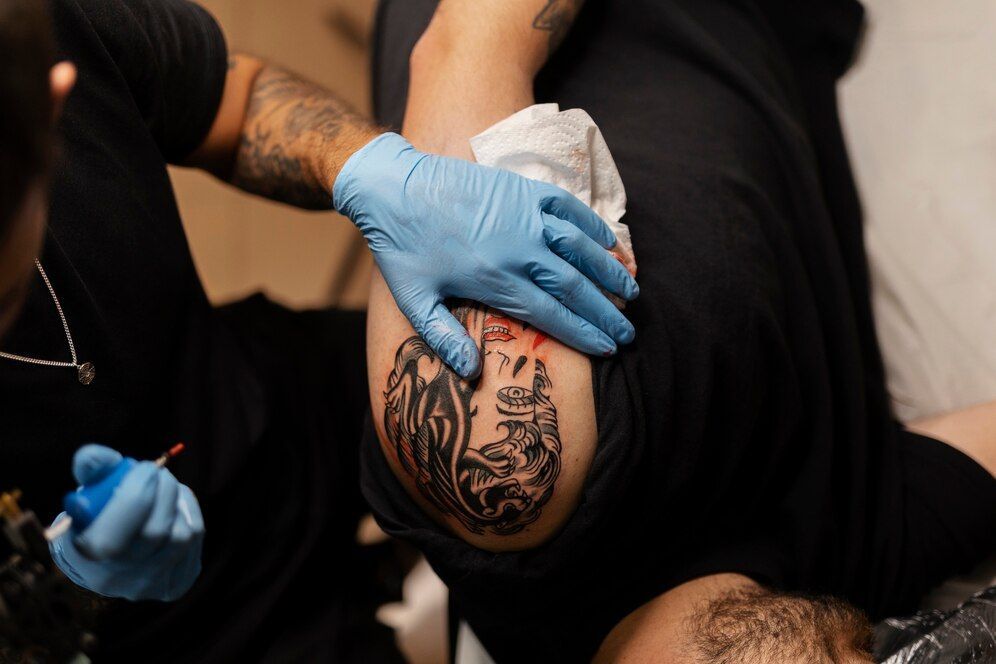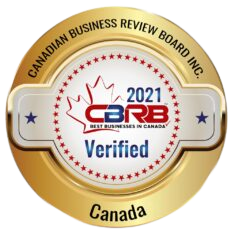Understanding Acne Procedures: What You Need to Know
Most people experience the occasional breakout of acne at some point in their lives. Some, however, suffer from more chronic forms of acne which can lead to scarring and diminished self-confidence. Fortunately, there are a variety of treatments that can help reduce the appearance and severity of acne. Here is what you need to know about acne procedures.
Types of Acne Procedures
The most common procedures for treating severe acne are laser treatments, chemical peels, and microdermabrasion. Laser treatments use special light frequencies to improve skin tone and texture while removing any deeper layers of damaged skin cells that contribute to the formation of pimples. Chemical peels use special solutions formulated with exfoliating acids or retinoids to remove dead skin cells and stimulate collagen production for healthier skin. Microdermabrasion works by buffing away the outermost layer of skin with a diamond-tipped wand to minimize wrinkles, sun damage, or other imperfections.
Are Acne Procedures Suitable For Everyone?
No two people are the same and not all acne procedures may be suitable for everyone. Due to genetic predispositions, certain medications or topical products can irritate or even worsen current acne issues. It is important to consult a doctor before opting for any type of treatment as they will be able to assess your individual skincare needs and come up with an appropriate regimen tailored towards your skincare goals. Additionally, it would be beneficial to identify any underlying triggers such as stressors that could be exacerbating the problem as well as look at diet changes that might have negative influences on your skin health too.
Preparing for Acne Procedures
Before undergoing any type of procedure related specifically to treating acne it is important that you properly prepare by following pre-procedure requirements from your doctor’s team. Generally speaking, these requirements must include avoiding direct sun exposure for a period before going ahead with treatment, daily applications of sunscreen whilst preparing for treatment, abstaining from taking certain kinds of vitamins, avoiding smoking, informing your doctor about any medications you’re currently taking as well traveling arrangements should you choose a clinic far away from home, etc. As part of this preparation process, it is best practice to also make sure you are fully aware of all potential risks associated with having such procedures done so there are no surprises when it comes down to results day!
Post-Procedure Recovery Tips
Once the procedure has been completed correctly, there may still be some recovery time needed depending on how invasive or lengthy each procedure was. During this post-procedure recovery window you must follow the advice provided by your medical team regarding aftercare i e ensure wound sites are kept clean and covered at all times plus avoid picking or scratching the affected area to reduce chances of infection. Sunscreen should again be applied frequently throughout post recovery too to prevent further damage being caused by UV light. Depending upon which type of treatment was used during previous days it is also recommended that patients apply moisturizing creams to maintain hydration levels within affected areas as much as possible. This list of tips should give those considering having an acne procedure an idea of what to expect before, during, and after their specific personalized procedure ensuring maximum satisfaction!
After reading through this guide, if you are considering an acne procedure to improve your skin health, you must consult our experts at Derm.ca so they can assess your individual needs and create a skincare regimen tailored to you. This will help you get the best treatment plan available while safely avoiding any potential risks. Contact us today to get started!



